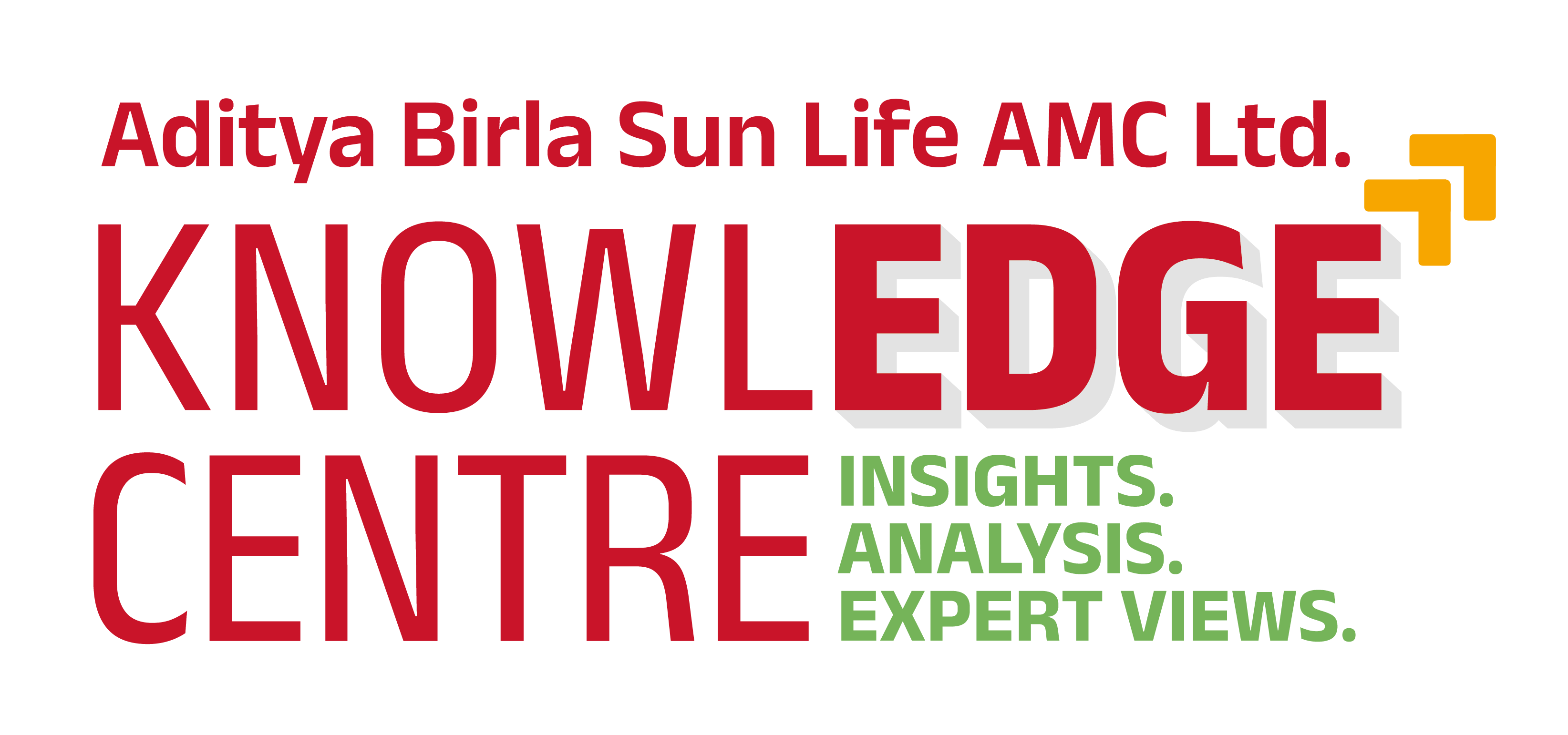-
Our Products
Our FundsFocus Funds
-
Self Care
Self-ServiceFind InformationWays To TransactPartner Solutions
-
Downloads
- Learnings
- About Us
-
More
-
Shareholders
-
Shareholders
-
Updates
-
-
SIP Calculators
- Back
-
Shareholders
What is one of the oldest and largest international asset managers saying about India?

Aug 03, 2023
4 Mins Read
 A. Balasubramanian
A. Balasubramanian
Listen to Article
Thirty-two years ago in July 1991, through the Union Budget announcement, India opened up the economy ushering in a new era of liberalisation. The country was emerging from one of its most challenging periods and attracting foreign investors was no mean feat. Of those who took a leap of faith, Capital Group was one of the early ones. They identified India as an emerging market with promise, a vote of confidence that also attracted other foreign investors. I was also associated with their Indian venture in the early 90s and happy to see their recent report on India titled: ‘Will India be the breakout emerging market this decade?’
It is very insightful and explores a long-term roadmap of the Indian economy’s potential trajectory. When one of the oldest and largest investment managers in the world publishes their outlook on India, there is reason to take note. Let me summarise below and capture the key highlights.
Capital Group opines that “India is poised for a period of long-term growth, fuelled by significant expansion in direct and fixed asset investment.” It goes on to expand on some of the key growth drivers for the country and the factors that will propel the country ahead. It mentions key reforms such as Aadhaar, Goods and Services Tax (GST), and Unified Payments Interface (UPI) “that have accelerated growth by facilitating the expansion of credit and bringing large swaths of the economy into the formal sector”.
Corporate confidence is high, the economy is expanding at a decent clip and technological innovation is leading to new areas of growth. India will likely become a desirable location for companies looking to diversify their supply chains outside of China. India's digital transformation and infrastructure boom are helping unlock growth in different areas of the nation’s equity market. With a median age of 29 years, India has one of the most attractive demographic profiles among the world’s largest economies and can reap benefits from its productive capacity, provided the right policies are in place. “On our recent research trip to meet with companies”, the report states, “it was very clear that the construction of infrastructure as well as more affordable housing is finally happening”. Potential investment opportunities to increase, especially in the small-cap space given India’s economic trajectory. The energy transition is potentially transformational for India. If done right, the payoff could be massive: The country is a large importer of oil and gas, so more renewable power would make it more energy independent. It would also significantly boost its manufacturing base. You can read the full report here: https://tinyurl.com/y6hkcw7d
The information herein is meant only for general reading purposes and the views being expressed only constitute opinions and therefore cannot be considered as guidelines, recommendations or as a professional guide for the readers. The document has been prepared on the basis of publicly available information and other sources believed to be reliable. The sponsor, the Investment Manager, the Trustee or any of their directors, employees, affiliates or representatives (“entities & their affiliates”) do not assume any responsibility for, or warrant the accuracy, completeness, adequacy and reliability of such information. Recipients of this information are advised to rely on their own analysis, interpretations & investigations. Readers are also advised to seek independent professional advice in order to arrive at an informed investment decision. Entities & their affiliates including persons involved in the preparation or issuance of this material shall not be liable in any way for any direct, indirect, special, incidental, consequential, punitive or exemplary damages, including on account of lost profits arising from the information contained in this material. The recipient alone shall be fully responsible for any decision taken on the basis of this document.
Mutual Fund investments are subject to market risks, read all scheme related documents carefully.
On Indian stock market valuations, the report says that while they appear stretched but do not look insurmountable. According to the report, when it comes to investing in emerging markets, India has historically traded at a premium on a relative price-to-earnings basis. Highlighting that while the current market valuations look a tad expensive by historical standards, the fundamental outlook for India is “arguably better than ever” and observes that there is a lot going for the country in terms of positive levers. It opines that if Indian companies manage to deliver on earnings and cash flows, it's possible the market will be able to grow into these valuations. In a rather nuanced take, the report states that the path of India’s equities has never been a straight line, meaning that it has seen its share of volatility, “but over longer periods, the stock market has delivered some of the best returns among emerging and developed markets.”
The note involves ground research and analysis thereof. The asset manager also goes on to focus on some specific sectors that, according to their analysis, show potential. Here are some key highlights from the report.
You May Also Like
Loading...





 1800-270-7000
1800-270-7000









